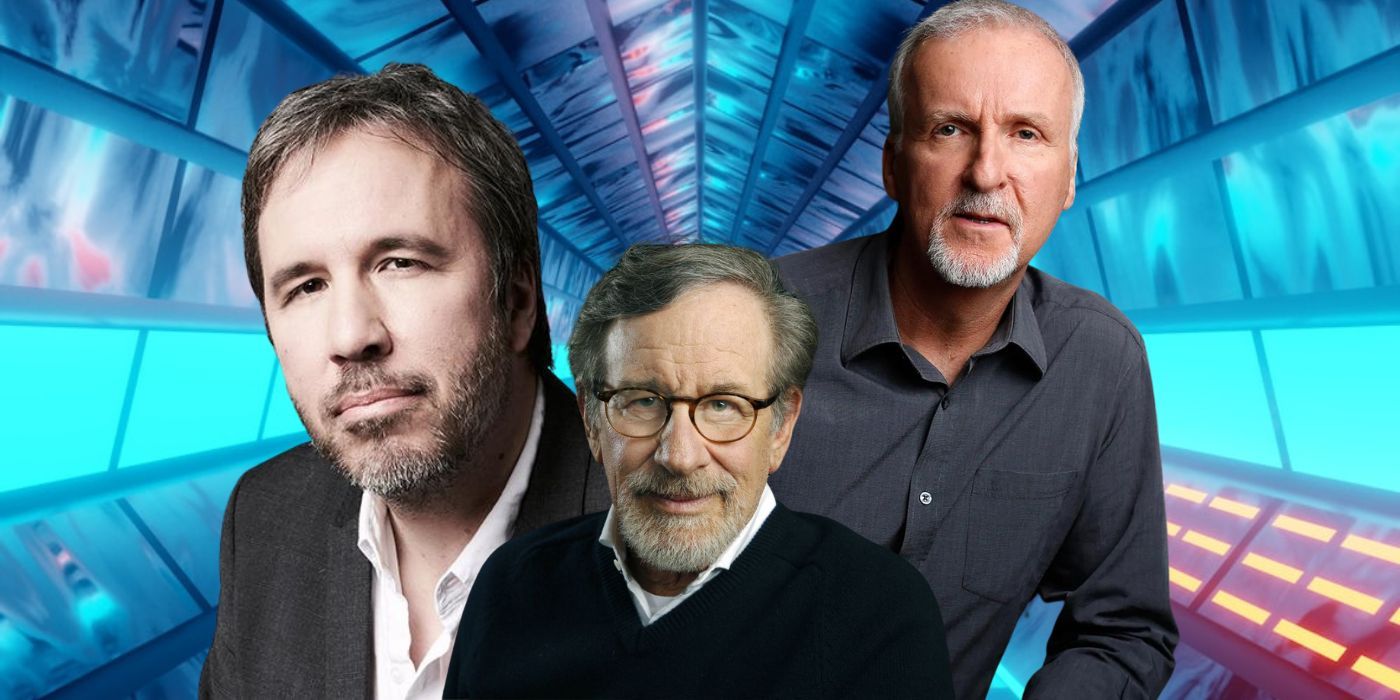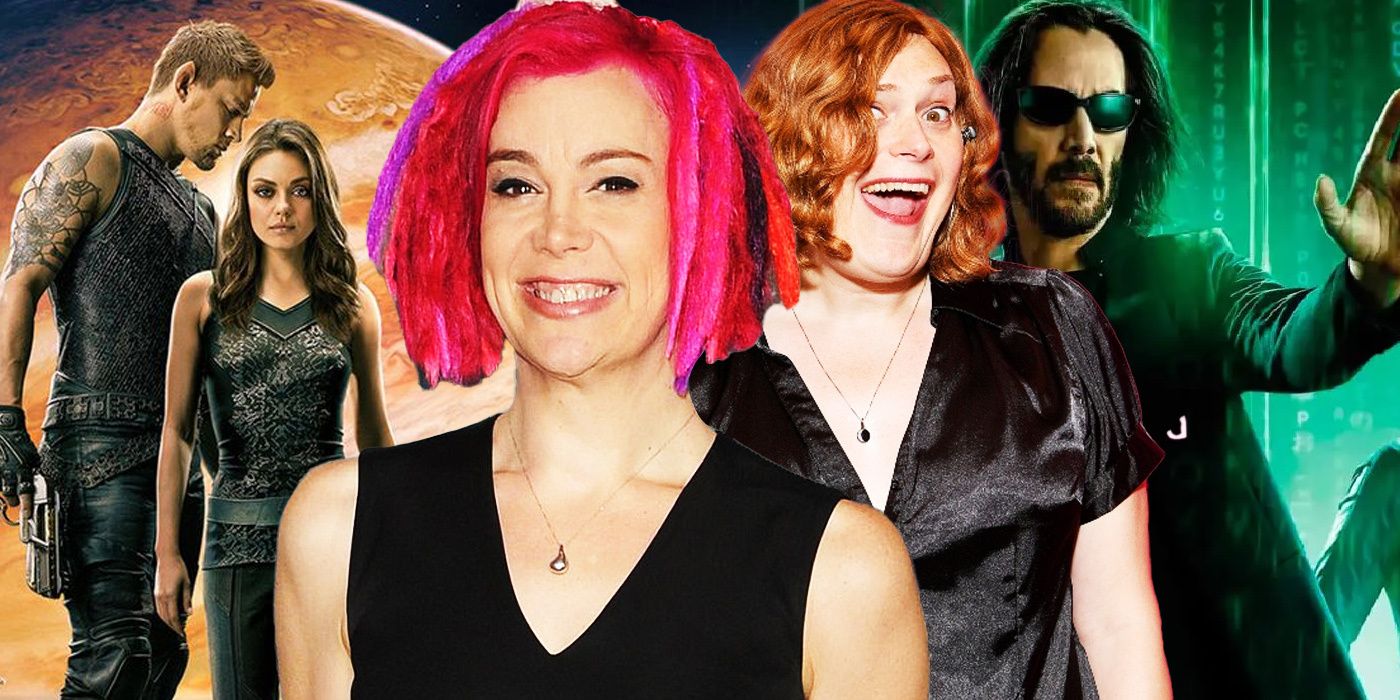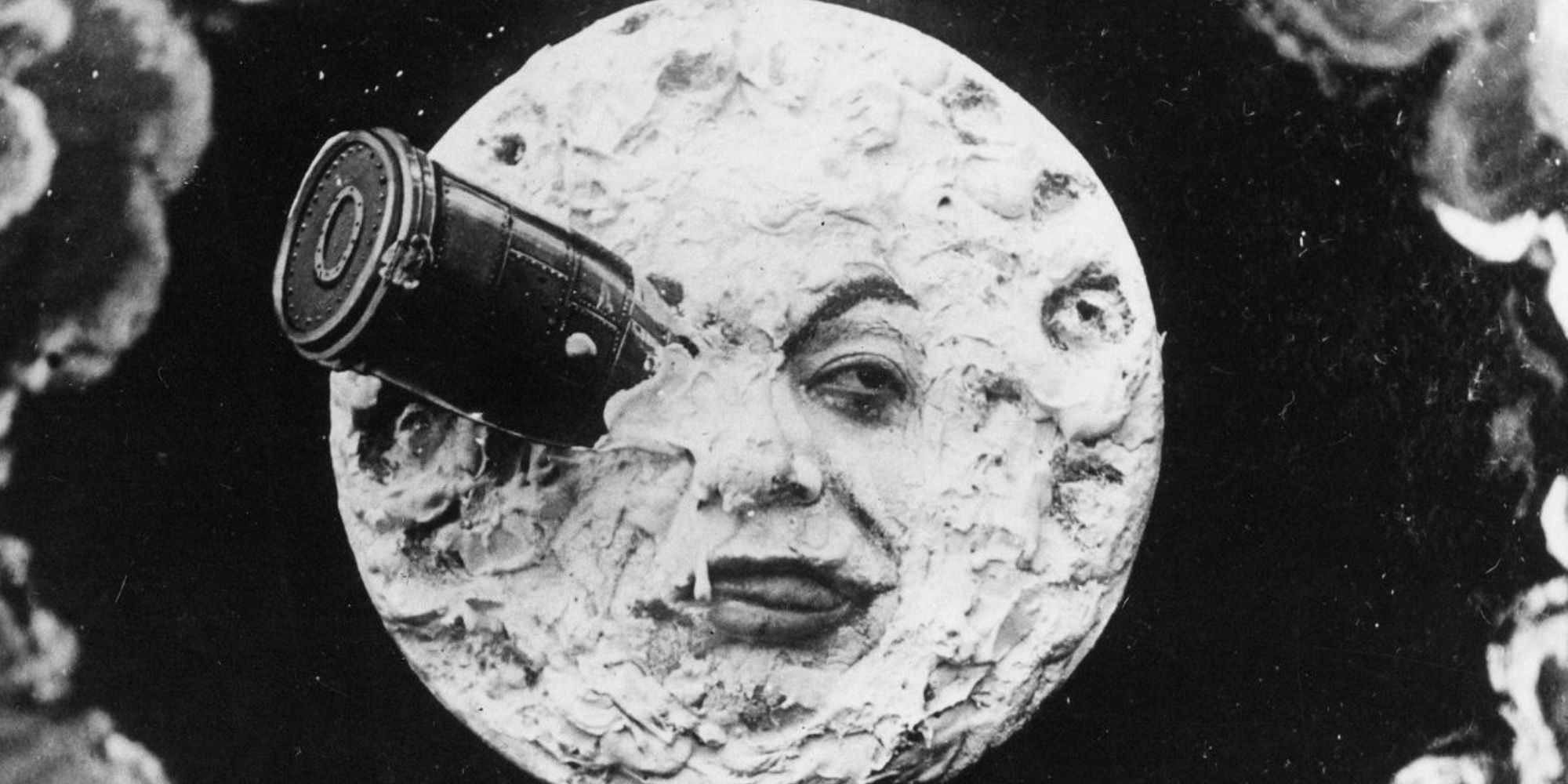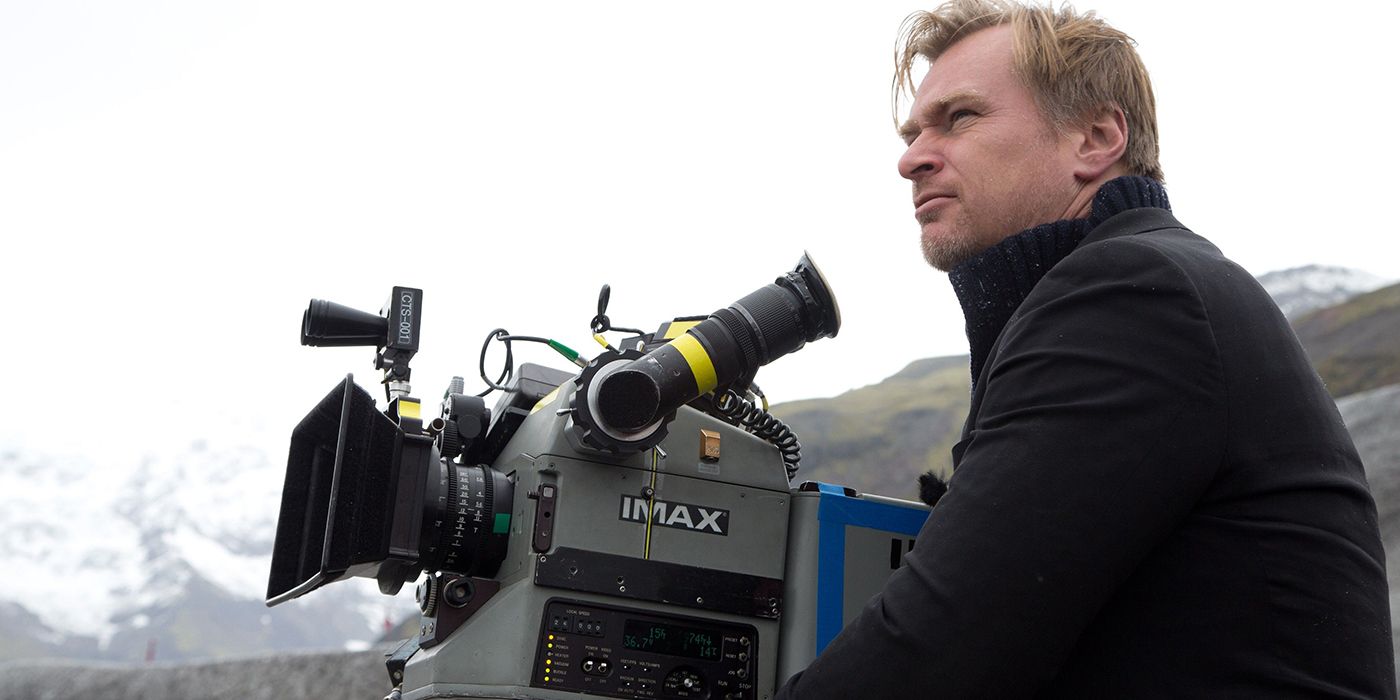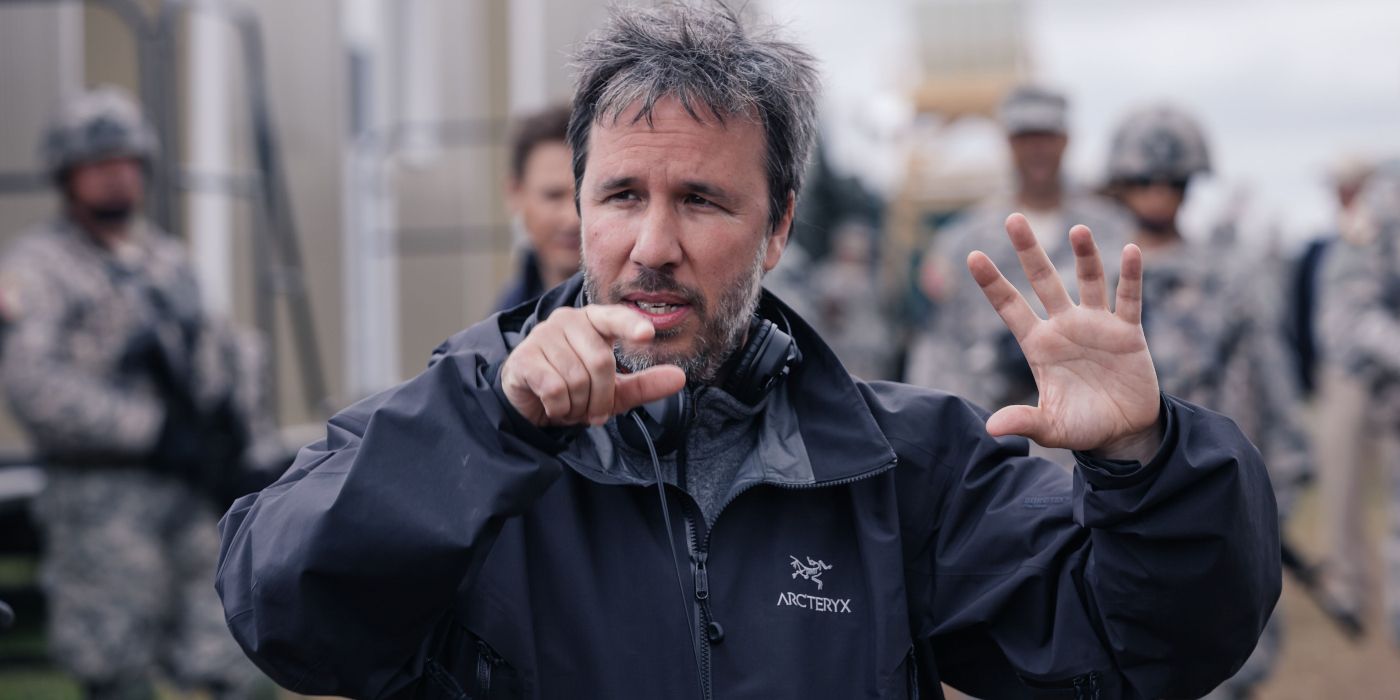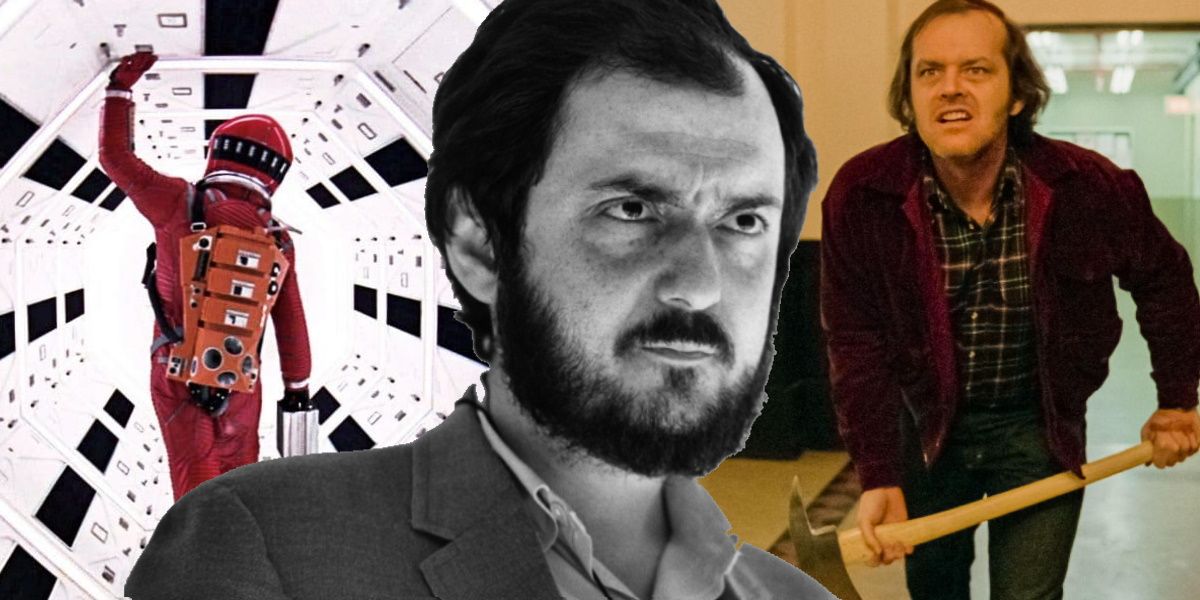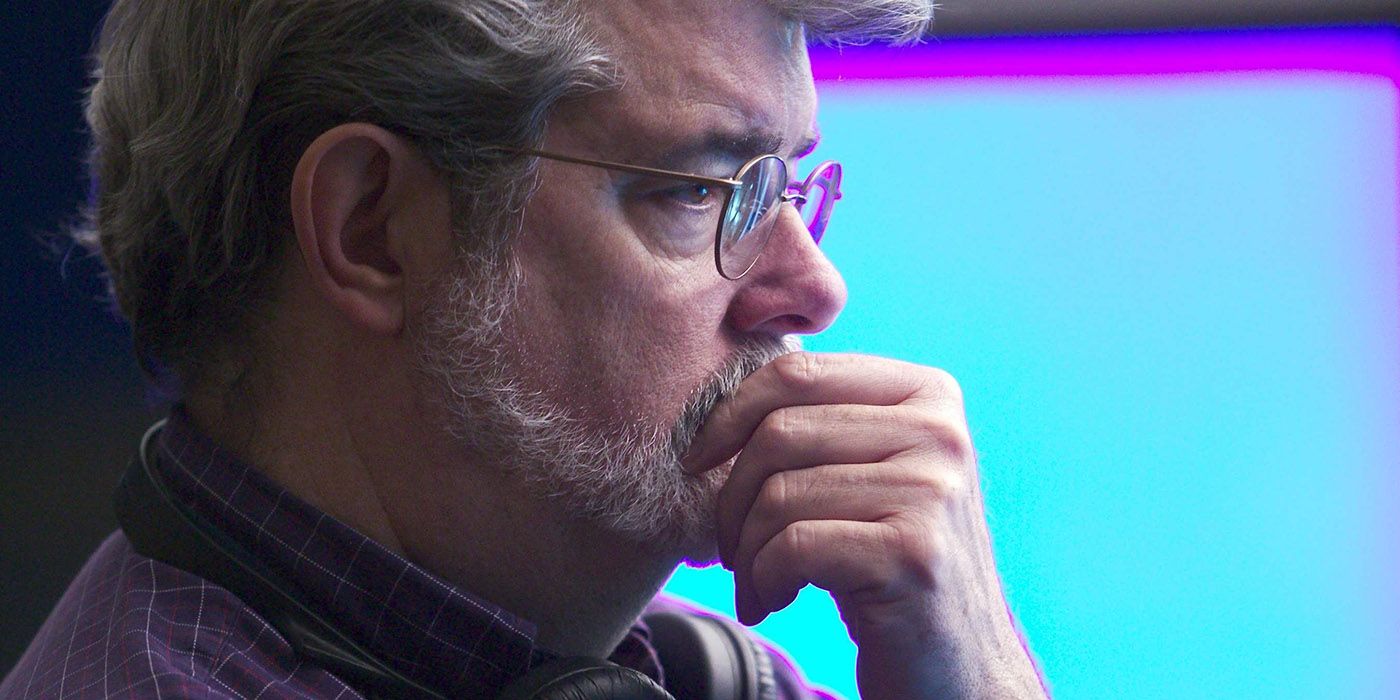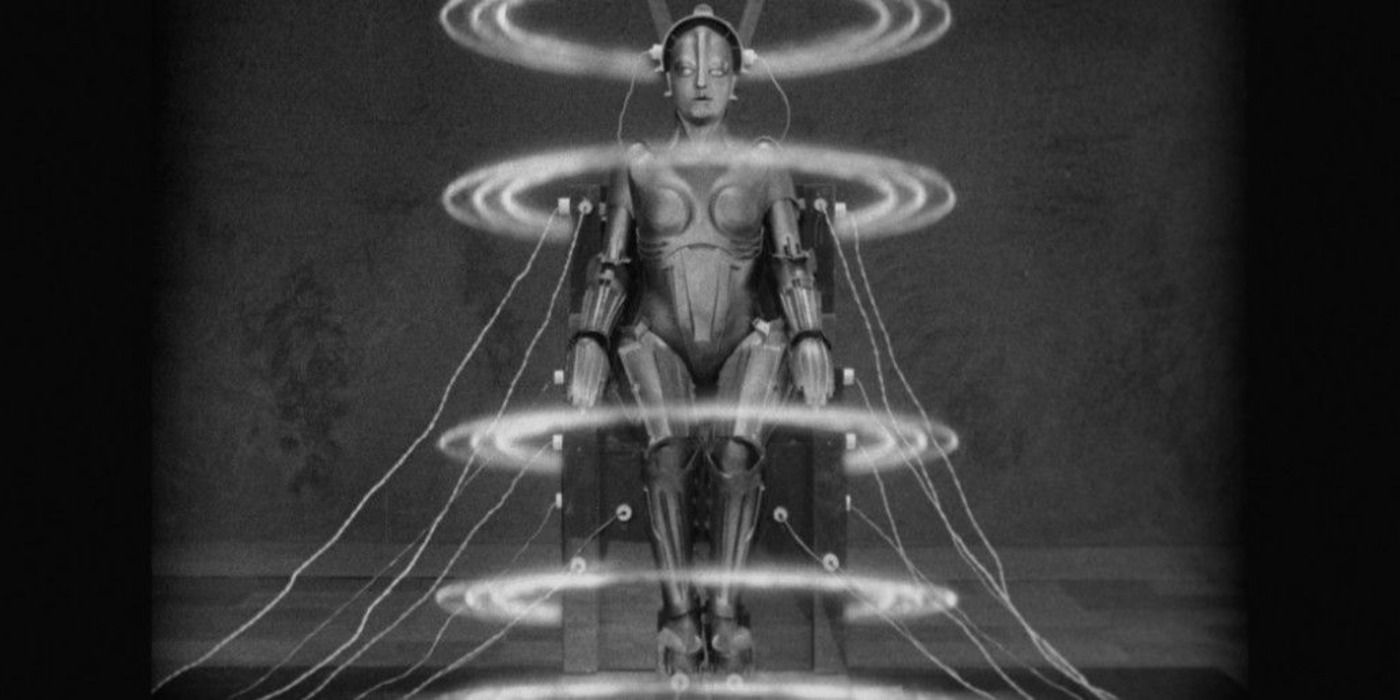Science Fiction is currently going through something of a golden age. The veteran genre saw a new beginning with the rise of the cinematic medium, with doors opened for filmmakers to explore the intricacies and challenges of sci-fi through visual storytelling.
Several directors have left an undeniable mark on sci-fi, whether because of their distinctive approach, eye for dazzling, mind-blowing visuals, or a mix of different aspects. From Fritz Lang to James Cameron and Ridley Scott, these filmmakers revolutionized sci-fi on the screen, cementing it as one of the ultimate and most revered genres in cinematic history.
10 The Wachowski Sisters
The Wachowski Sisters revolutionized -- and revitalized -- science fiction with their 1999 masterpiece The Matrix. The pair pushed the boundaries of technology and storytelling for their ambitious and utterly groundbreaking story, creating one of the, if not the, most significant sci-fi films in modern history.
The directing duo continued exploring the genre, expanding their Matrix universe with three uneven, intriguing, uncompromising sequels. The Wachoswkis' work on sci-fi also included their cerebral and daring 2012 epic Cloud Atlas and the misguided 2015 space opera Jupiter Ascending.
9 George Méliès
Illusionist, actor, and director George Méliès was a pioneer and innovator during the early days of science fiction in cinema. Méliès' films are famous for their revolutionary special effects using early techniques that wowed audiences and challenged the limits of the then blossoming cinematic medium.
Méliès' seminal 1902 adventure short A Trip to the Moon and his 1904 silent film The Impossible Voyage changed science fiction, presenting dazzling imagery that remains impressive more than a century after their conception. Méliès' narratives are early examples of science fantasy in cinema, adding to his rich legacy in the genre.
8 Christopher Nolan
Visionary director Christopher Nolan is among the best representatives of science fiction in modern cinema. Although Nolan has explored and excelled in many other genres, from thriller to war and superhero films, his contributions to sci-fi have been significant.
Films like Memento, Inception, Interstellar, TENET, and, to a lesser degree, The Prestige are landmarks of modern sci-fi. Twisting, thrilling, visually stunning, and riveting, Nolan's films showcase everything a great science fiction story should be, delivering the spectacle that made the genre famous without sacrificing narrative depth.
7 Alfonso Cuarón
Mexican filmmaker Alfonso Cuarón is among his generation's most celebrated auteurs. Known for his complex narratives about human survival and endurance, Cuarón's films are richly emotional experiences accompanied by jaw-dropping and dynamic visuals heightened by brilliant cinematography and editing.
Cuarón's contributions to sci-fi might be limited to only two movies, but they are such icons of the genre that his impact is far more significant than many others. With Gravity, Cuarón delivered one of the most realistic and terrifying space films, capturing the haunting vastness of space with eerie accuracy. His 2006 film, the dystopian masterpiece Children of Men, is arguably the best science fiction film of the 21st century, a hectic and thrilling experience with some of the most technically brilliant shots in cinematic history.
6 Denis Villeneuve
Few 21st-century directors are more closely related to the sci-fi genre than Denis Villeneuve. The director behind masterpieces like Arrival, Blade Runner 2049, and Dune has become the go-to man to bring cerebral science fiction projects grounded in deeply humane themes.
Arrival is on its way to becoming a modern classic, while his sequel to Ridley Scott's revered 1982 classic expanded the original's themes beyond what anyone imagined. Villeneuve's greatest triumph yet might be adapting Frank Herbert's challenging novel Dune, delivering a spectacular adaptation that remains faithful to the source material while providing every thrill expected from a modern blockbuster.
5 Stanley Kubrick
There's a good reason why Stanley Kubrick is such a cinematic institution. The director's influence in the medium marked a generation, with respect for his groundbreaking techniques and infamy for his more controversial qualities, like his obsessive attention to detail and behavior on set.
Kubrick experimented with numerous genres, most notably war and drama. However, his science fiction efforts rank as some of the most important and revered entries into the genre. 2001: A Space Odyssey all but defined the genre for years to come, becoming the benchmark against which pretty much every post-1970s sci-fi would be measured. 1971's dystopian crime film A Clockwork Orange shifted and challenged cinematic paradigms of violence and psychology, proving that sci-fi was far more thematically rich than many believed.
4 George Lucas
George Lucas achieved immortality with his trailblazing 1977 space epic Star Wars. Spectacular in every sense of the word, Star Wars revolutionized cinema and became a cultural phenomenon, spanning two equally game-changing sequels and introducing some of the 20th century's most iconic characters. A prequel trilogy came nearly twenty years later, plus a disappointing sequel trilogy that punt a severe dent in the franchise's legacy.
Nowadays, Star Wars might not be what it once was due to being stretched far beyond its limits. However, the original trilogy will forever stand as a groundbreaking and herculean achievement of cinema and a turning point for science fiction in any medium.
3 Steven Spielberg
Arguably the most important director in modern cinema, Steven Spielberg's oeuvre is among the most varied and versatile. The director has explored nearly every genre -- from war movies to historical epics, family dramas, major blockbusters, and everything in between.
Sci-fi owes Spielberg a huge debt, with the directing crafting some of the genre's most beloved projects. From the mystical and emotional Close Encounters of the Third Kind to the iconic E.T. the Extra-Terrestrial to the cerebral yet warm A.I. Artificial Intelligence to the thrilling Minority Report, Spielberg's impact on the genre is unmeasurable. Even his "lesser" efforts, like Ready Player One, are impactful and rich, proving that some people simply understand sci-fi on a deeper level.
2 Fritz Lang
It wouldn't be an exaggeration to say that Fritz Lang's 1927 expressionist sci-fi Metropolis is the single most important sci-fi movie in cinematic history. Possibly the first proper science fiction film, Metropolis' contributions to the medium are immeasurable, spreading to every single film that followed in terms of style and content.
Lang's 1929 sci-fi Woman to the Moon was equally impressive and still significant, introducing many novel concepts for audiences and possibly cementing the mainstream idea of a rocket launcher. Lang is an influential and decisive figure in sci-fi, a man whose films made it possible for the genre to earn a place in cinema and eventually flourish.
1 James Cameron
James Cameron's name is synonymous with sci-fi. The self-declared "king of the world" earned his reputation as Hollywood's kingmaker, perfecting the modern blockbuster and continuously pushing the envelope regarding visual effects and cinematic language.
From The Terminator to Aliens and The Abyss all the way to the phenomenon that is Avatar, Cameron is the ultimate force in sci-fi. Daring, thoughtful, and restless, Cameron is a cinematic force to be reckoned with, an artist whose ambitions know no bounds and who takes the time to perfect his craft, delivering some of the most striking and breathtaking pictures in cinematic history.

